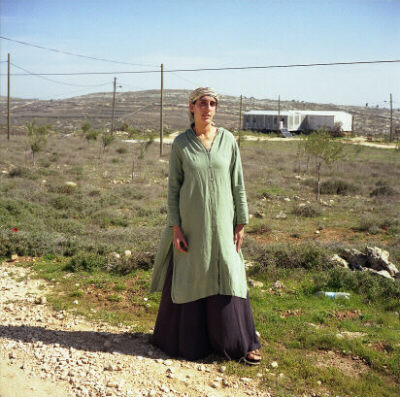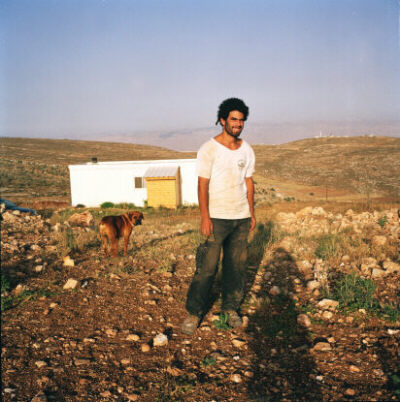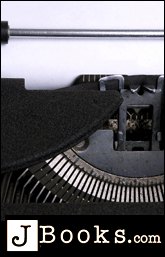 July 06
July 06
Artneuland: Israeli Art without Borders
Stephen Hazan Arnoff
 Yael Katz Ben Shalom and Eyal Ben-Dov are members of Artneuland, an Israeli collective of leading artists, curators, theoreticians, and intellectuals. Primarily focused on photography and video, Artneuland adapts its name ["the new art land"] from a play on words on Theodor Herzl's novel Altneuland (1902) ["the old new land"]. Artneuland promotes communal dialogue and confrontation amongst various steams of culture in and outside of Israel though ongoing creative projects, exhibitions, lectures, seminars, publications, and special events.
Yael Katz Ben Shalom and Eyal Ben-Dov are members of Artneuland, an Israeli collective of leading artists, curators, theoreticians, and intellectuals. Primarily focused on photography and video, Artneuland adapts its name ["the new art land"] from a play on words on Theodor Herzl's novel Altneuland (1902) ["the old new land"]. Artneuland promotes communal dialogue and confrontation amongst various steams of culture in and outside of Israel though ongoing creative projects, exhibitions, lectures, seminars, publications, and special events.
From its main offices in Tel Aviv, Artneuland launched two new programs in 2006. The first is a large cultural-arts space in the Mitte, previously of Berlin's Jewish Quarter, serving as a platform for rotating exhibitions, symposiums and events. Shalom, who founded Artneuland, calls it "a meeting point amongst religions and nations." Ben-Dov directs programming for a second project, a five month residency in Israel for non-Israelis using photography and video to explore Zionism, Judaism, Jewish history and the role of art in society. The residency is co-sponsored by MASA, a cluster of long-term programs for adults initiated by the Government of Israel and the Jewish Agency (http://www.masaisrael.org/Masa/English/Programs/Artneuland.htm). The images accompanying this interview are the work of members of the Artneuland collective.
Zeek: Tell me about Artneuland as a play on words.
Yael: It is based on the novel Altneuland by Theodore Herzl from 1902. Art is an English word, an international world. Artneuland plays with the connection between "newness" of art and "oldness" of tradition in local environments.
Zeek: What is the specific connection between Herzl's vision of a "Jewish utopia" and your work in the arts?
Yael: The new is the old and the old is the new. We are interested in breaking down the linear perspective that ideas exist in just one place and time. We are interested in the fragments of ideas we inherited. We take the tradition and combine it with new questions about East and West; Tel Aviv and Berlin, Israel and Diaspora, old and new…
Zeek: What is Artneuland's work as a practice or an organization?
Yael: It's holistic. We have an office in Tel Aviv and are opening an office in Berlin and our goal is to present Israeli culture with a Jewish identity as we experience it in Israel and abroad. We believe in a wide discourse with Islam and Christianity – an international dialogue – that takes place where this discourse needs to happen. Place is extremely important.
 Zeek: Would it be fair to say that if Herzl's vision was of a Jewish utopia in one place, yours is of a utopia that can travel?
Zeek: Would it be fair to say that if Herzl's vision was of a Jewish utopia in one place, yours is of a utopia that can travel?
Yael: Yes, it's a heterotopia.
Zeek: Do you think there is an Israeli artistic identity that travels?
Eyal: I see it as a matter of tikkun olam [healing and repair of the world]. It's a vision of art and Zionism as a form to change humanity. It's a revolutionary phase of art. Berlin is important for this reason because working in Berlin is about going back to the place of the catastrophe to change it through the revolutionary practice of art.
Zeek: The original concept of tikkun olam is that there was no way for the indivisible Divine to exist without plurality. Everything that exists is somehow part of brokenness because without brokenness there is no creation. So there must be endless reflections of the brokenness in the world in order for the world to exist at all.
Yael: Yes, but I think you have to be careful because that idea belongs to monotheism, which can be very narrow. For me heterotopia and tikkun olam are about a deep understanding that if we want to make art we have to deal with problems. As artists we seek out the wounds in the world and expose with work. Art should expose problems.
 Zeek: Do you think that Israeli art is somehow uniquely connected with solving problems?
Zeek: Do you think that Israeli art is somehow uniquely connected with solving problems?
Yael: It's everywhere, but what we try to do is to take problems and to create a mission with artists to take a subject to operate within, to research it. And this is different from each artist in a studio generating meaning in their own work.
Eyal: I think it is very important to say that we emphasize photography – a form that relates to the place in which it the image happens. It's a documentary form of art. It's not an imaginary form; it focuses on realism. Also in video. We deal much more in documentary video.
Yael: And with this form we put our attention on questions of ethics, social problems, history.









